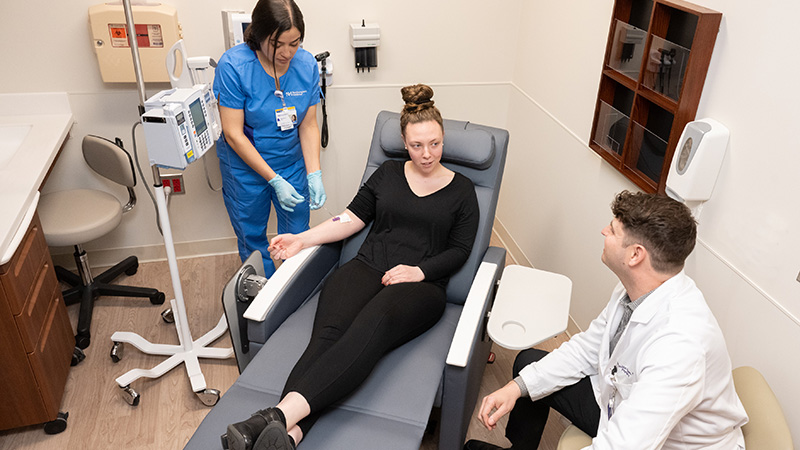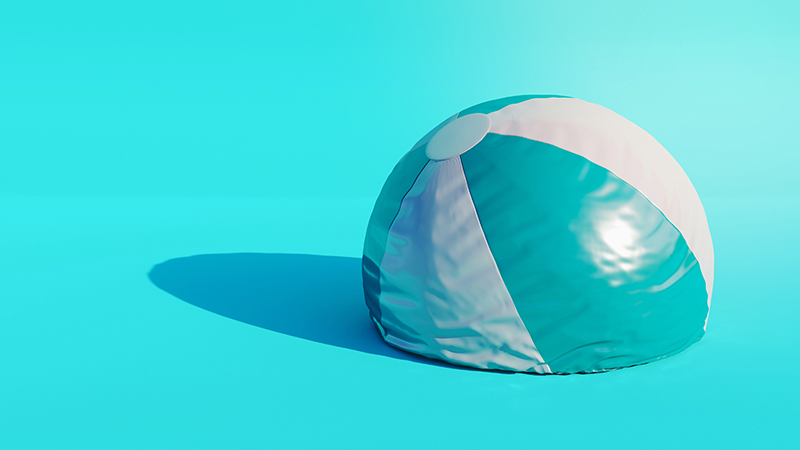Personal Hygiene for Kids
Help Them Learn Healthy Habits
Published July 2022
Children rely on their parents to keep them clean and safe, but as kids get older, they learn how to manage their own hygiene. Having good hygiene involves more than just washing your hands. Teaching kids about good personal hygiene helps set them up with healthy habits throughout their lives.
Good hygiene helps with:
- Maintaining a more positive and healthy body image
- Boosting self-confidence
- Building independence
- Staying healthy by preventing infections and reducing the spread of germs
Children really thrive on routine.— Miriam Dreifuss, MD
“Kids are very busy, and hygiene is not top of mind for them all the time, so maintain a routine and make sure that every time after they go to the bathroom, they're washing their hands or having teeth brushing as part of the morning and evening routine,” says Miriam Dreifuss, MD, a pediatrician at Northwestern Medicine. “Children really thrive on routine, therefore if things happen the same way every day, they're more likely to go through with it.”
Hygiene Habits for Kids
Some basic hygiene practices children should know are:
- Hand washing. Do a step-by-step demonstration to show your kids how to clean their hands thoroughly. After showing them what to do a few times, let your child try by themselves and help when needed.
- Brushing and flossing teeth. “Parents should be brushing their child’s teeth until they’re about 4 or 5 years old,” suggests Dr. Dreifuss. Without proper dental care, children can develop cavities, bad breath and other oral diseases.
- Bathing regularly. Encourage kids to take a bath or shower as part of their bedtime routine.
- Covering their mouths when they cough. You can’t always protect your child from illnesses, but you can help them stop the spread of infections by teaching them to cover their mouth and nose when they feel a cough or sneeze coming.
- Wearing clean clothes. While kids might have a favorite t-shirt or dress-up costume, wearing clean clothes is a key part of good hygiene. Wearing clean underwear is also important.
Kids should be taught good hygiene habits at an early age. They may not pick up all of the habits up immediately, but be patient and explain why it’s necessary.
Use Effective Methods
Hygiene practices will become increasingly important as children grow older. However, lecturing kids may not be effective. Here are a few other things to avoid when kids are learning hygiene habits:
- Avoid punishing your child. Instead, take the time to explain and help them.
- Do not compare. Comparing a child to someone else can make them feel discouraged. Instead, be patient and give them time to adjust to the routine.
- Do not scold. Be patient and persistent, empower your child to be responsible for their hygiene.






